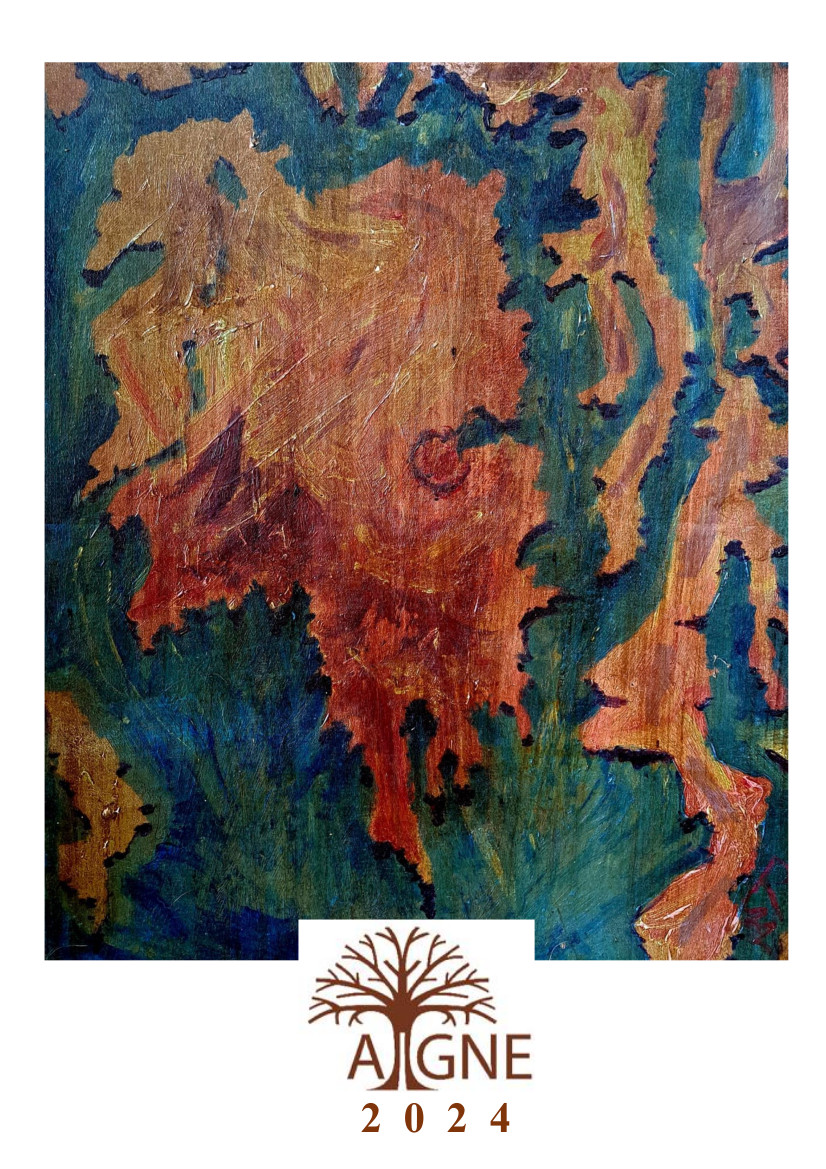The Encounter Between Xiao Youmei and Nie Er
Two Divergent Approaches to National Salvation Through Music
DOI:
https://doi.org/10.33178/aigne.vol10.6Abstract
Music played a functional role in spreading new ideologies and cultural perspectives from the outset of the establishment of the Republic of China (1912–1949). However, even musicians who shared the aim of modernising the nation and were active in the same locations could differ markedly in their positions, both in their ideas on how to achieve this and in the actions they undertook towards that goal. This article explores the contrasting approaches of two twentieth-century Chinese composers, Xiao Youmei (1884–1940) and Nie Er (1912–1935), toward Western classical music. Xiao, classically trained in Western music, founded China’s first specialised music conservatory, the National Conservatory of Music (Guoli Yinyue Xueyuan), later renamed the National College of Music (Guoli Yinyue Zhuanke Xuexiao), advocating for the role of Western classical music in elevating Chinese musical standards. In contrast, Nie, a left-wing composer, had a more complicated relationship with Western music. He publicly debated the role of music in China’s modernisation and criticised fellow musicians in both the press and his writings. This article explores Nie’s evolving attitude toward Western music in China by addressing key questions: Did Nie truly regard Western classical music as irrelevant, even though he studied violin under foreign instructors and recorded in his diary that he practiced classical music intensively? Furthermore, if he considered the National College of Music unimportant, how can his repeated attempts to gain admission be understood?
Drawing from these inquiries, this article reconstructs the encounter between the ideologies of two of China’s foremost musicians during the Republican era. It highlights Xiao’s advocacy for progressive social change through the promotion of Western musical education, while also demonstrating that Nie was more receptive to certain elements of Western music than has previously been acknowledged. Through this analysis the article enhances the understanding of the complex roles both composers played in shaping the modernisation of Chinese music and musical practices.
References
Downloads
Published
Issue
Section
License
Copyright (c) 2024 Mengwei Zhang

This work is licensed under a Creative Commons Attribution-NonCommercial-NoDerivatives 4.0 International License.
For our full Copyright Notice see our Author Guidelines.



